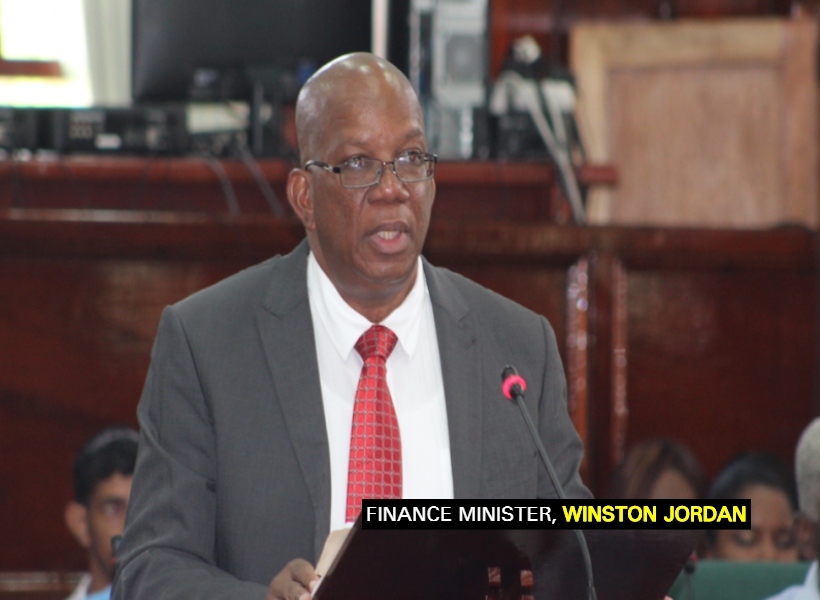In anticipation of the revenues to come from the oil and gas sector, Finance Minister, Winston Jordan is demanding effective tax administration. In fact, the economist believes that the work of the Guyana Revenue Authority (GRA) must be brought up to par, if the government really intends to be fiscally responsible with the oil money.
It is in this vein that the Finance Minister revealed that Government has requested the conduct of a Tax Administration Diagnostic Assessment Tool to assess the effectiveness of the tax administration system for the oil sector.
Jordan said that a similar one was done by the International Monetary Fund last year. He said that the findings of the 2017 report indicated that there is much work to be done. Jordan shared that one
recommendation from that report led to the establishment of a Large Taxpayers Unit, in light of the fact that the majority of revenues are collected from a small group of taxpayers.
Jordan also indicated said that the operationalization of the Unit is expected to improve service delivery, thereby increasing compliance and revenue collection. It is anticipated that, in 2018, the Unit will improve its operational capacity to service all 243 large taxpayers.
As it relates to the strengthening of GRA’s IT system, the Finance Minister said that efforts will continue to focus on improving the internal capacities of the authority in this regard. He said that the GRA e-services are currently being tested for tax returns processing, and taxpayer registration. He said, too, that GRA is currently testing the Automated System for Customs Data (ASYCUDA), an integrated customs management system.
Jordan said that the government will soon launch the testing of the manifest module of ASYCUDA with a private sector company, which will allow for advance filing of cargo declarations. This is intended to improve customs processing times and accelerate the clearance and release of shipments to taxpayers. By year end, Jordan said it is expected that this module of ASYCUDA should go live.













